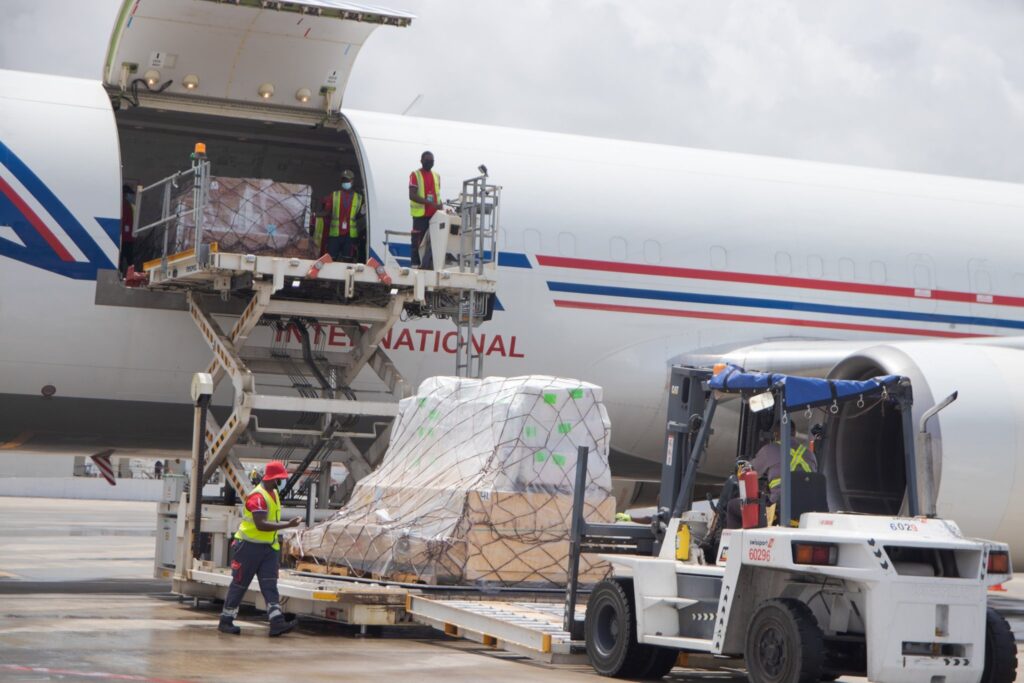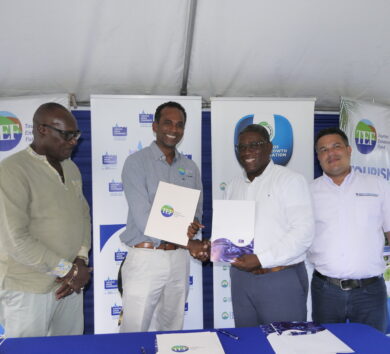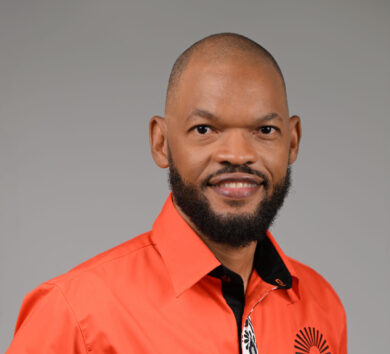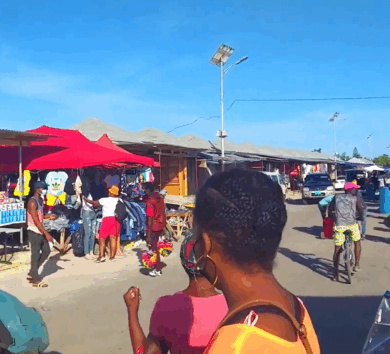
GENEVA (Reuters)
The head of the World Health Organization (WHO) called on COVID-19 vaccine manufacturers to make shots available to the COVAX vaccine-sharing facility earlier than planned due to a supply shortfall left by Indian export disruptions.
COVAX, which supplies doses to poorer countries, relies heavily on India’s Serum Institute’s exports of the AstraZeneca shot but many of these are instead being used by the country as it battles a massive second wave of infections.
The head of UNICEF on Monday (May 17) asked wealthy G7 countries ahead of a summit next month to donate supplies as an emergency measure to make up the shortfall estimated at 140 million doses by end-May.
“While we appreciate the work of AstraZeneca who have been steadily increasing the speed and volume of their deliveries, we need other manufacturers to follow suit,” WHO Director-General Tedros Adhanom Ghebreyesus told a virtual briefing.
Specifically, he asked Pfizer to bring forward deliveries of some 40 million doses in the second half of the year and asked Moderna to make doses pledged for 2022 available this year.

“We need doses right now and call on them to bring forward deliveries as soon as possible,” he said.
G7 member France has already given some AstraZeneca shots to COVAX and talks with Washington on donations are ongoing.
WHO senior adviser Bruce Aylward defended COVAX’s work so far in providing 65 million doses to 120 countries, calling it a success. But wealthy countries need to donate more vaccines now they have vaccinated their most vulnerable populations, he said.
“We are moving in the right direction. We are not moving there fast enough and we are not moving there at large enough volumes,” he said.
Amid the unforeseen stalls, the COVAX sharing facility is not likely to meet previous commitments to have 237 million doses of AstraZeneca’s COVID-19 shot delivered to 142 countries by the end of May, by current projections.
Take the Caribbean, for example, just under one million doses have so far been delivered by the COVAX Facility—woefully short for the nearly 44.42 million people who call the region home.







Comments